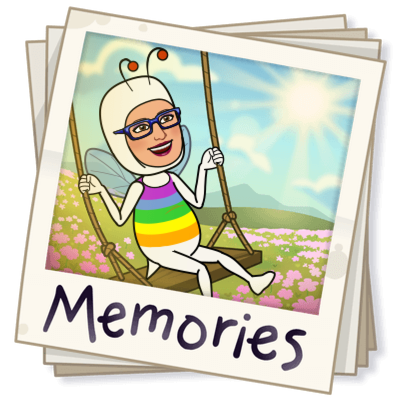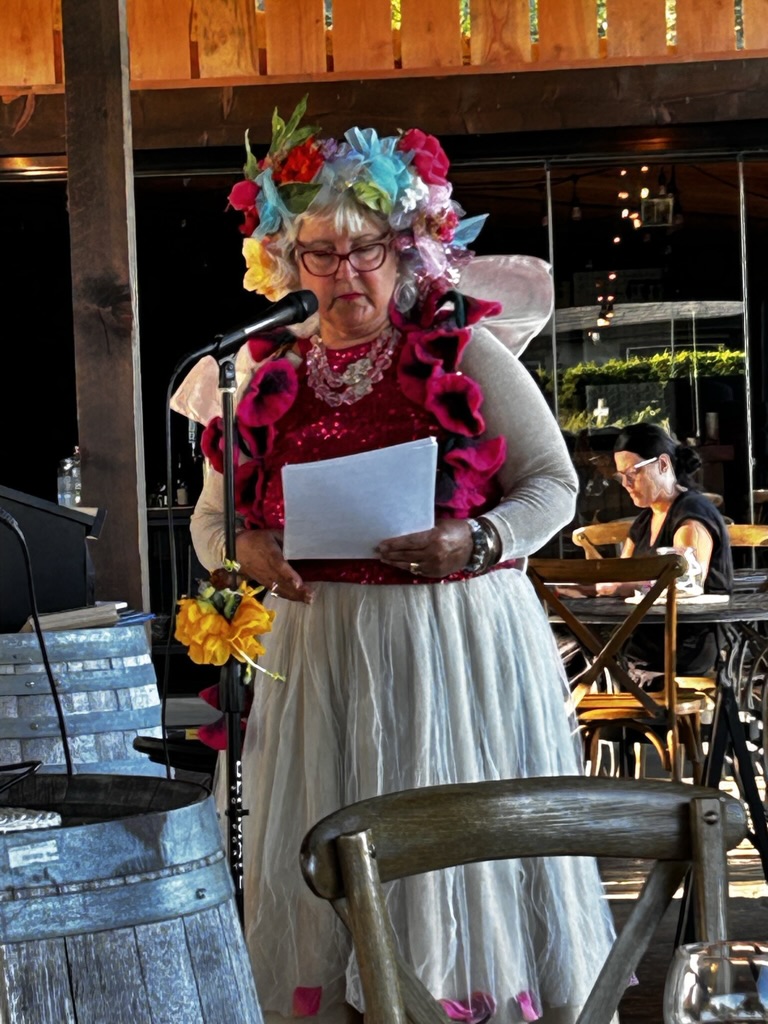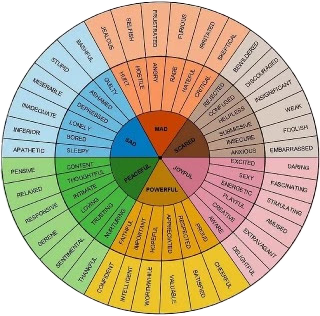On a previous blog, I encouraged people to consider writing a children’s book. Unfortunately, sometimes children’s authors are dismissed as writing simple stories that don’t carry the weight and complexity of a 350-page novel. We are acknowledged for our creative playfulness, however not taken seriously as skilled writers. This tables the age-old debate between quantity versus quality. Picture books may be simple and short, AND they are filled with wisdom and writing skills.
As a classroom teacher, hobby writer, blogger, and self-published author of two novels plus 14 picture books, I have learned that crafting a children’s story is not as easy as it would appear. As teachers, we could be heard saying, “Oh goodness what a simple story, I could have written that or can write my own children’s story.” After writing in both genres, I realized that sometimes it is easier to pad longer writing with extraneous detail. A picture book ranges between 500 and 1000 words, hence every word on a page is magnified for its appropriateness and effectiveness.


Picture books are packed with powerful messages delivered through beautiful illustrations, poetry, alliteration, similes, metaphors, and succinct plot lines. Often picture books are written in rhyming couplets or alternate rhyming patterns that require careful consideration to both the plot and finding appropriate rhyming pairs. Alliteration requires the writer to research vocabulary that keeps with the sound patterns while remaining authentic to telling the story. Similes and metaphors are powerful examples to emphasize a point or description while quickly igniting our imaginations. Succinct plot lines are tricky. The writer must constantly ask what is important and necessary in sharing the story? What descriptive words or dialogue develop the characters naturally and “show not tell” the reader? Combine one or more of these writing techniques in a 500-1000 word story and it will likely become obvious that crafting a picture book requires patience and skill.
In conclusion, are you up for the ‘simple’ challenge?
“That’s been one of my mantras – focus and simplicity. Simple can be harder than complex: You have to work hard to get your thinking clean to make it simple. But it’s worth it in the end because once you get there, you can move mountains.”
― Steve Jobs, Co-Founder of Apple
“Making the simple complicated is commonplace; making the complicated simple, awesomely simple, that’s creative.”
― Charles Mingus, American Jazz Musician








